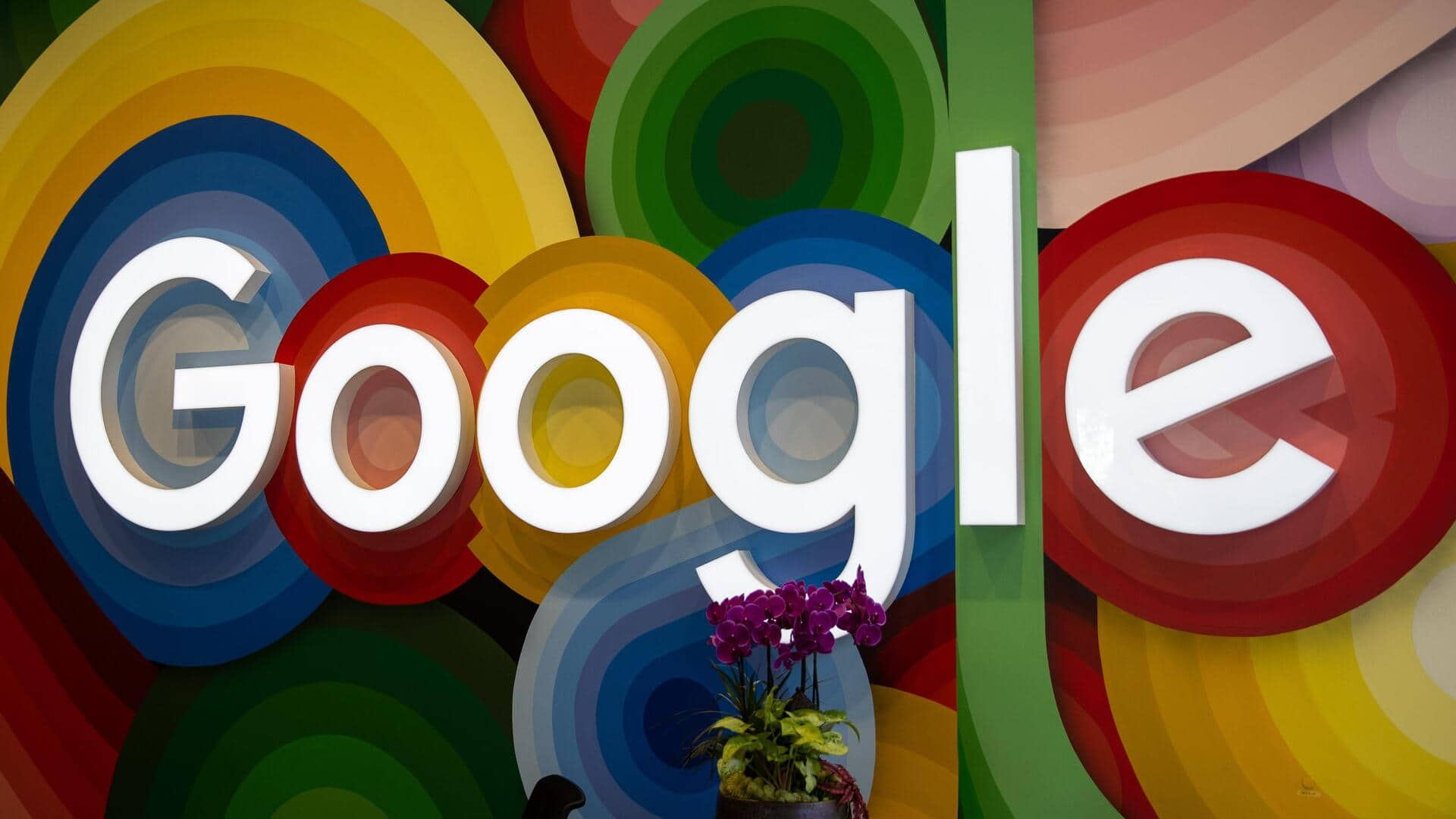
Google wins antitrust case: Can keep Chrome and Android
What's the story
A US federal judge has ruled that Google will not be required to sell its Chrome web browser, but will have to share data with competitors. The decision was made by District Judge Amit Mehta after a long-standing legal battle. The case focused on Google's search engine dominance and its use of exclusive contracts to maintain this lead, including its role as the default search engine on its own products and those made by other companies like Apple.
Tech giant's reaction
What did Google say?
Following the ruling, Google called it a victory and said that the rise of AI likely played a role in it. "Today's decision recognizes how much the industry has changed through the advent of AI, which is giving people so many more ways to find information," Google said in a statement. The tech giant denied wrongdoing since charges were first filed against it in 2020, saying its market dominance is because its search engine is a superior product to others.
Court decision
Last year, Judge Mehta ruled Google established monopoly
In 2024, Judge Mehta ruled that Google had used unfair methods to establish a monopoly over the online search market. In his decision, he said a complete sell-off of Chrome was "a poor fit for this case." The tech giant will also not have to sell off its Android operating system, which powers most of the world's smartphones.
Contract changes
Ruling prevents Google from entering exclusive contracts
The ruling prevents Google from entering into any exclusive contracts for its products such as Google Search, Chrome, and Google Assistant. This means phone makers can pre-load or promote other search engines, browsers or AI assistants along with Google's. However, Google will still be able to pay distributors for default placement on their devices.
Market response
Alphabet shares jumped by over 8%
Stocks in Alphabet, Google's parent company, jumped by over 8% after the ruling. However, DuckDuckGo, a competitor, said the order didn't force necessary changes to address Google's illegal behavior. "As a result, consumers will continue to suffer," said DuckDuckGo founder and CEO Gabriel Weinberg. The decision isn't the end of Google's legal woes as it is set to go on trial later this month in another case filed by Justice Department over alleged illegal monopolies in online advertising technology.